The romanticist, the sceptic and the populist re-imagine Pakistan
Whether we want Pakistan to be a welfare state in the future brought the panelists to loggerheads.
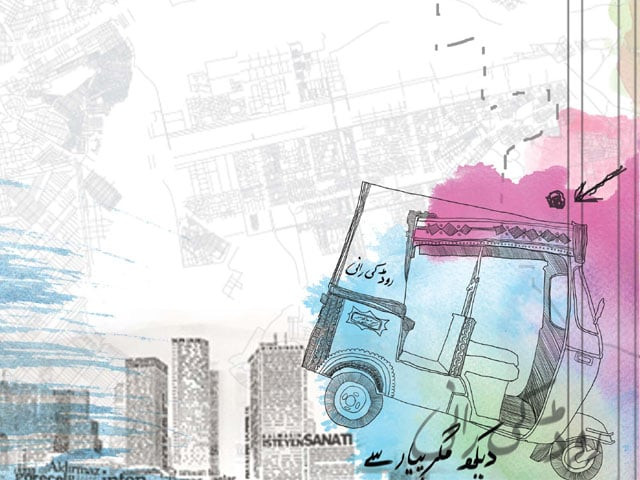
The discussion titled “Reimagining Pakistan” brought together former ambassador to the US Maleeha Lodhi, human rights activist Tahira Abdullah and defence analyst Ayesha Siddiqa, moderated by Islamabad-based journalist Omar Waraich.
Is Pakistan a national security state at present and whether we want it to be a welfare or a ‘human security’ state in the future brought the panelists to loggerheads in the question and answer session following the discussion.
Hinting at Abdullah’s fiery outpouring at the injustice present in Pakistani society, Lodhi said we need to move beyond sloganeering and work towards reforming the present state.
While the guests appreciated the plurality of opinion brought to the panel by a former diplomat, a defence analyst and the civil society activist, most in the audience chose to appreciate the position they felt already comfortable with.
The romanticist
“Pakistan is a weak state but a strong society,” said Dr Lodhi, adding that we must draw hope from the strength of the society, as witnessed through the outpouring of humanitarian assistance by the Pakistanis during last year’s floods, to reform our weak state. Electoral reforms and subjugation of the military to civilian oversight, while restraining politicians from seeking military intervention to resolve their disputes, are imperative for the strengthening of the state, she added.
Lodhi also added that political parties need to develop an intellectual capacity to have their own domestic and foreign policy, one that is different from the military’s.
The sceptic
Questioning whether we even possess the capacity to be able to reimagine our state, Siddiqa bemoaned the loss of social sciences in the country’s academic institutions. Without historians and researchers, it seems improbable that we could construct, or imagine, an alternative state, she added.
On the issue of radicalisation of society, manifested most vociferously post Salmaan Taseer’s assassination, Siddiqa said it should not be surprising. A state built in the name of religious identity cannot be expected to remain static, she said. And while the liberal elite and administrators grew increasingly distant from the religious discourse, they were quick to invoke it to legitimise themselves during the past 63 years.
Now, the administrators have no grasp over religious discourse and have become subjugated to the clergy in ideological matters, she added. Breaking this dependence and separating administration from religion is imperative to imagine a future Pakistan, she concluded.
The populist
Abdullah argued that we do not need to rethink the ideology but simply reform the present state, adding that we know what’s wrong and the prescription for it. Reforms in the present multi-class educational system, and the removal of alternative arbitrary justice systems, including the jirga and the panchayat, are needed at present, she said. Her denunciation of the feudal system and call for its end were also, unsurprisingly, met with applause from the predominantly urban audience.
Published in The Express Tribune, February 6th, 2011.


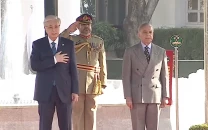

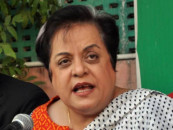
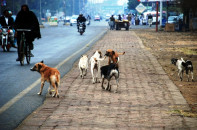
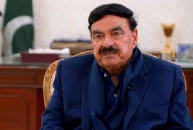












COMMENTS
Comments are moderated and generally will be posted if they are on-topic and not abusive.
For more information, please see our Comments FAQ